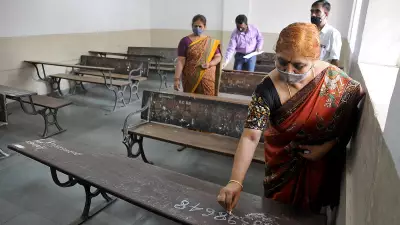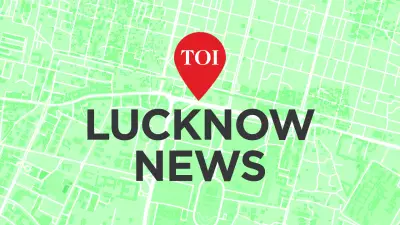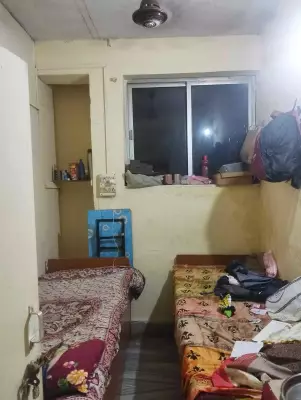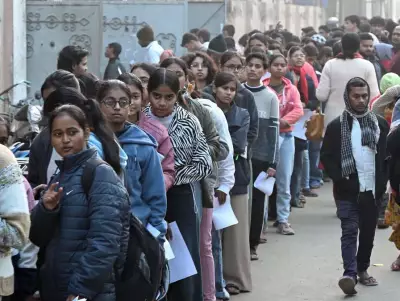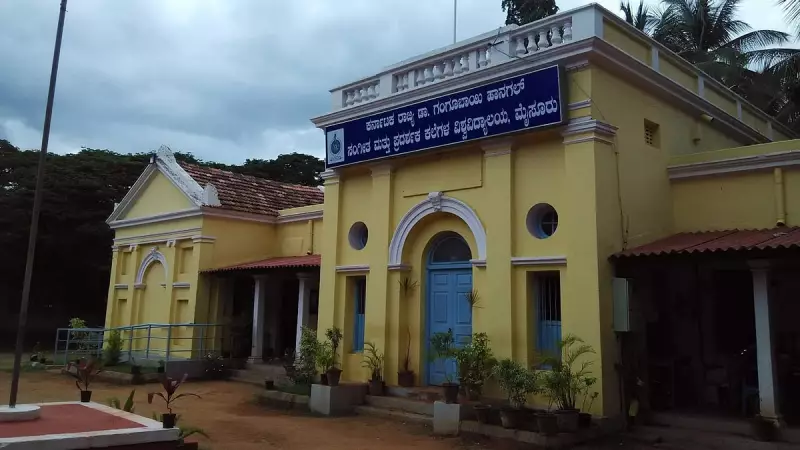
Karnataka Chief Minister Siddaramaiah's recent announcement about establishing a new Vachana University has ignited a crucial debate about the state's priorities in higher education. While the proposed institution aims to promote the study of Vachana literature, education experts are questioning whether the government should focus on rescuing its existing public universities from severe financial distress first.
The Stark Reality of Karnataka's Public Universities
Multiple state-run universities across Karnataka are currently grappling with an unprecedented financial crisis that threatens their very functioning. Rani Channamma University in Belagavi presents perhaps the most alarming case study - the institution has been operating without a full-time vice-chancellor for nearly a year and faces such severe funding shortages that basic infrastructure maintenance has become impossible.
"The situation at many public universities has reached a breaking point," revealed an education department official who wished to remain anonymous. "We're seeing institutions that can't even maintain their buildings or pay for essential services, let alone invest in academic excellence."
Political Promises vs Ground Realities
The timing of the Vachana University announcement has raised eyebrows in academic circles. Siddaramaiah made the commitment during the 113th birth anniversary celebrations of noted Vachana scholar Dr. Siddalingaiah, positioning it as a tribute to the Vachana literary movement. However, critics argue this represents a pattern where new institutions are announced for political visibility while existing ones languish.
Professor M.S. Subhas from Bengaluru University explained, "There's a disturbing trend where establishing new universities becomes more politically attractive than fixing the broken ones. The government needs to understand that quantity cannot compensate for quality in higher education."
The Broader Crisis in State Higher Education
The challenges extend far beyond Rani Channamma University. Multiple sources within the higher education department confirm that several universities across Karnataka are operating with:
- Inadequate funding for research and development
- Deteriorating physical infrastructure
- Shortage of qualified teaching staff
- Outdated curriculum and learning resources
- Limited industry-academia collaboration opportunities
Way Forward: Experts Weigh In
Education policy specialists suggest that the government needs to adopt a more balanced approach. While establishing specialized universities has its merits, it shouldn't come at the cost of neglecting existing institutions that serve lakhs of students across the state.
"The ideal solution would be to create a comprehensive plan that addresses both the preservation of cultural heritage through institutions like Vachana University and the strengthening of our conventional universities," suggested Dr. Anitha Rao, an education policy analyst. "However, given the current financial constraints, the immediate priority should be stabilizing the existing system."
The debate highlights the broader challenge facing Indian states - balancing political announcements with sustainable educational development. As Karnataka contemplates its newest university, the fate of its existing institutions hangs in the balance, waiting for the government to bridge the gap between promise and performance in higher education.

